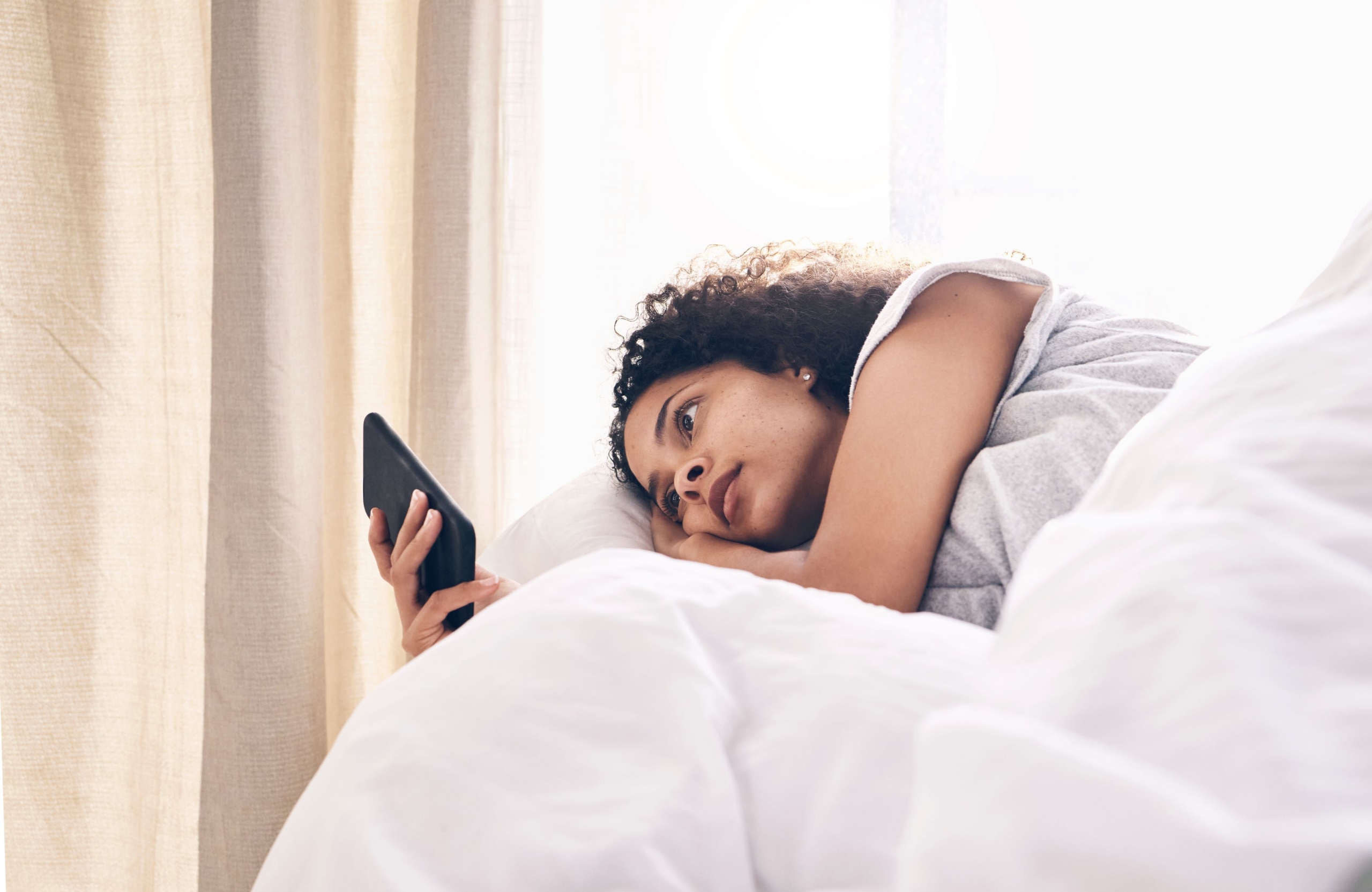What Is Low Libido?
Low libido, often referred to as decreased libido or low sex drive, can be a distressing symptom experienced by many women during menopause. It involves a decrease in sexual desire and interest in sexual activities, which can significantly impact a woman’s intimate relationships and overall well-being. Low libido is attributed to hormonal imbalances, particularly the decline in estrogen and testosterone levels.

What Causes Low Libido?
Estrogen and testosterone play essential roles in regulating sexual desire and arousal in women. During menopause, a woman’s ovaries produce less estrogen and testosterone, leading to hormonal imbalances that affect various aspects of her body, including sexual function. The decrease in estrogen can lead to vaginal dryness and discomfort during intercourse, contributing to a decline in sexual desire. Additionally, reduced testosterone levels can further diminish libido.
The physical and emotional changes that accompany menopause, such as mood swings, fatigue, and body image concerns, can also influence a woman’s sexual desire and confidence.


How To Overcome Low Libido
Addressing low libido requires a comprehensive and personalized approach. Here are some strategies that may help improve sexual desire and enhance intimacy:
Open and honest communication with your partner about your feelings and concerns can foster a deeper emotional connection, which may positively impact your libido.
Certain medical conditions and medications may contribute to low libido. Consulting with a healthcare professional can help identify and address any underlying health issues.
Engaging in non-sexual forms of intimacy, such as cuddling, kissing, and affectionate touch, can strengthen the emotional bond between partners and create a more intimate atmosphere.
Prioritize self-care and stress reduction techniques, such as meditation, yoga, or spending time doing activities you enjoy. Reducing stress can positively influence your libido.
Regular physical activity can boost blood circulation, enhance mood, and promote a positive body image, all of which may contribute to an improved libido.
Aim for sufficient, quality sleep to help regulate hormonal function and improve overall well-being.
Bioidentical hormone replacement therapy (BHRT) can help restore hormonal balance and alleviate symptoms associated with hormonal imbalances, including low libido.
Click here to learn more about your options with the Healthy Hormone Club

